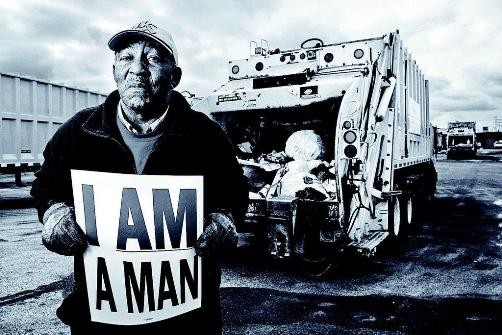
Some years ago, my older son took part in a first-grade career day, where students were asked to select a profession and dress up to illustrate their choice. He picked painter, and I don’t mean Monet.
Although his father went to work every day in a suit, he didn’t choose a white-collar job. At the time, his dad and I were renovating houses and apartments and he was around a lot of tradesmen, many of them painters, so, to his 6-year-old eyes, I guess climbing ladders looked like way more fun than carrying a briefcase. I got him white cargo pants, a white T-shirt, a white cap, a brush, and an empty paint can.
When I was a child, my career dreams were decidedly less physical than house painting: nurse, teacher, artist. But one thing I never wanted to be was a garbage man. You probably didn’t, either.
This is something to keep in mind as we debate the much-opposed Pay-As-You-Go (PAYG) plan to fund increasing waste management costs.
It seems that whenever sanitation employees are mentioned, some outraged citizen will write a letter to the editor whining that it’s just not fair that these workers get to go home after completing their routes, even if they haven’t worked eight hours. One of our city councilmembers recently opined that before adopting PAYG, we need to demand that the workers become more “efficient.” And by that, he meant working a “full” day. Yeah, like salaried, white-collar workers never leave early or take a long lunch.
Sanitation workers toil in oppressive heat, bitter cold, and driving rain. And let’s not even dwell on what their olfactory senses have to endure. Then there are the crazy motorists who between texting and emulating NASCAR drivers must make a sanitation employee’s days seem like a game of deadly dodge ball. I say if sanitation crews get to go home early after performing a job every bit as essential as a policeman, I’m glad to pay them and let them enjoy the rest of their day.
If you think sanitation workers are overpaid and underworked, then you should be advising your children to skip all that college debt and snag a cushy job as a garbage collector. And although the number of sanitation workers is shrinking due to automation, there will always be garbage and there’s probably more job security in that than as a middle manager in a corporation.
But you won’t do that, because hardly any of us wants to work at something that is both physically punishing and thoroughly unpleasant, not to mention accorded so little societal respect. And we sure don’t want our kids to. I suspect most of the workers themselves are salting away money so their own children can aspire to an easier way to make a living.
Sanitation workers aside, PAYG has become necessary because it is cheaper in America to replace than to repair. Because we throw away some 133 billion pounds of food each year at the retail and consumer level. And because there are those who believe that recycling is either too much trouble or some socialist plot to take away our “freedom.”
For those who won’t compost or recycle and who think that those choices do not incur additional expense, consider that although the trucks have to run routes anyway, the city derives some revenue from recycling, but none from garbage. Plus, acreage has to be continually purchased for landfill, which then has to be covered over when it is full. Recycling even reduces the number of trash can liners you have to buy. Refusing to reduce, reuse, and recycle costs us all money.
So, instead of criticizing sanitation workers and trying to squeeze them to make up the shortfall, we should be honoring them. Their vocation allows us to live in a clean world that many Americans a century ago could only dream about. Their work prevents disease and the degradation of our soil, water, and air. They are no less necessary than a physician and way more useful than a politician.
And if you don’t want to pay for extra garbage bags, start filling up those plastic recycling bins or that second rolling can the city has provided. And leave it at the curb for people whose jobs most of us wouldn’t do for twice the money and half the hours.
Ruth Ogles Johnson is a frequent contributor to the Flyer.